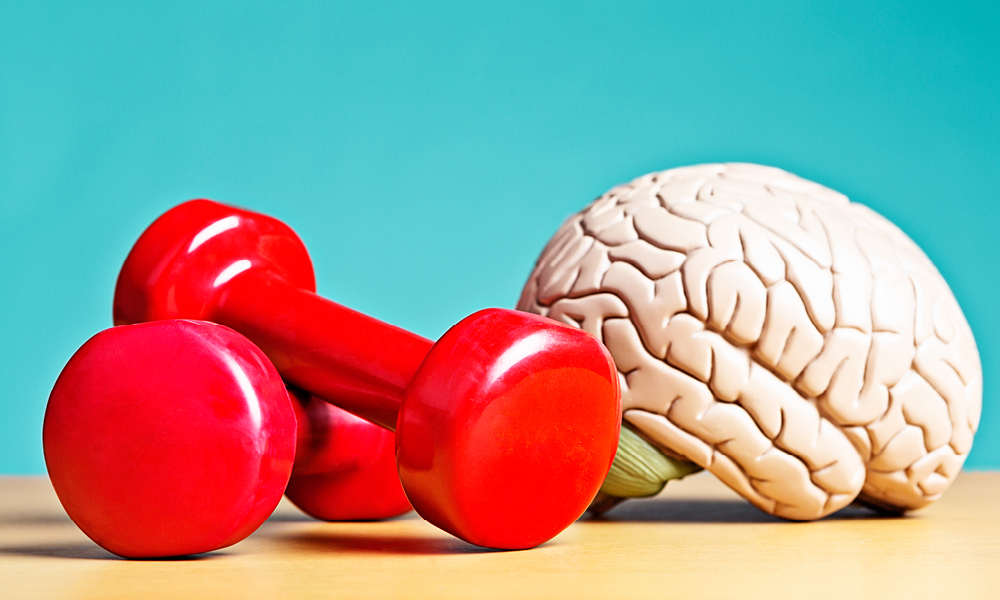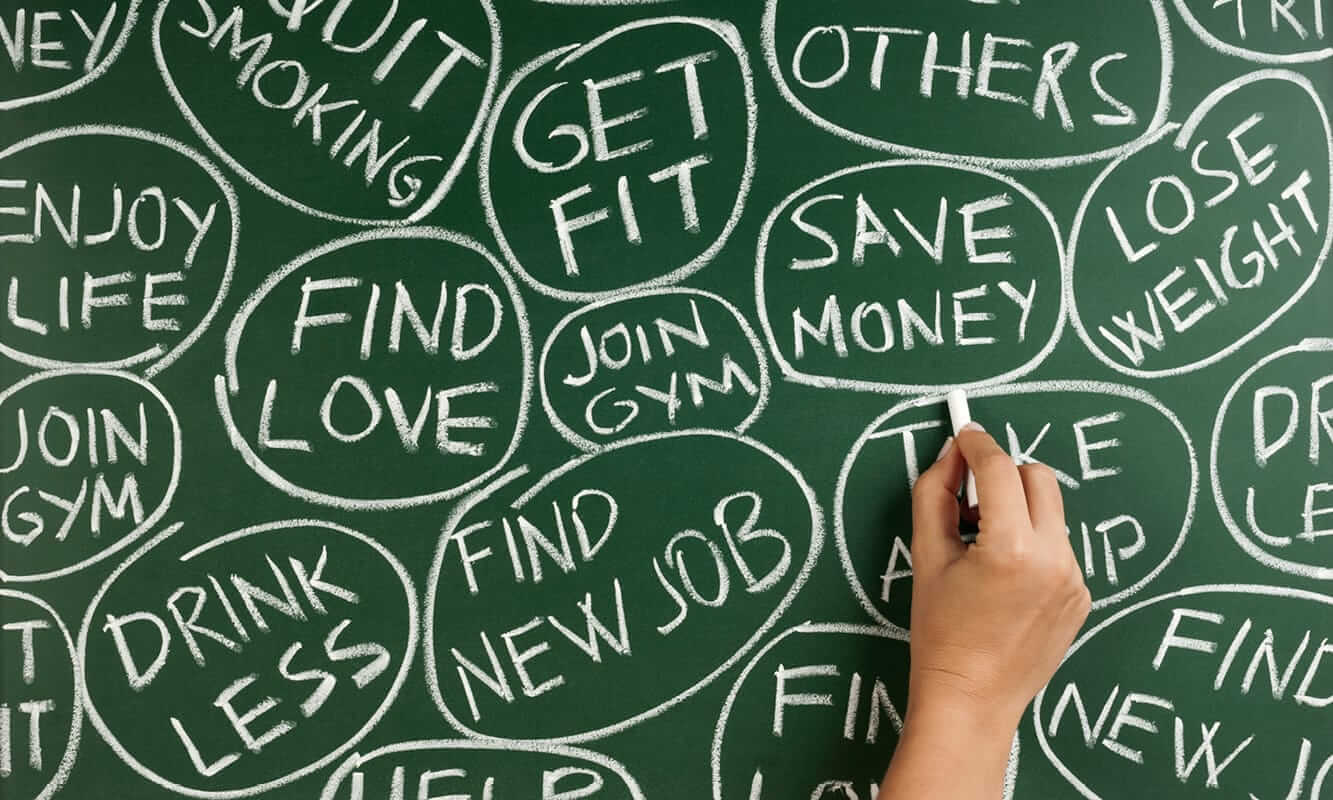What a year it has been!
There has been so much taking place that has had an impact on us: The war in Ukraine, flooding, food shortages and price increases, the great resignations (and quiet resignations), increases in fuel and energy costs, COVID-19 surges, interest rate hikes, being really busy at work… and now it is Christmas!
Some of us might find the prospect exciting, others daunting, as it means shopping, preparing our homes, having guests over, joining with family and/or friends and having a festive celebration. Some of us might just want a break and to slip quietly away.
There has been lots of talk about burnout this year; that people are exhausted and struggling in their lives. The World Health Organisation (WHO) refers to burnout as a “syndrome conceptualized as resulting from chronic workplace stress that has not been successfully managed”.
WHO sets out the three symptoms of burnout as:
- feelings of energy depletion or exhaustion
- increased mental distance from one’s job or feeling negative towards one’s career
- reduced professional productivity.
Does some of this sound familiar?
While this time of year is super busy as we work hard to complete our work, it is also the time of year when we need to give ourselves permission to STOP, LOOK around us, LISTEN to ourselves and others and bring our mental and physical wellbeing to our attention.
We need to identify our needs and act upon them. This might mean having some clear conversations with family and/or friends and identifying what you need in order to be present over the festive period.
Sometimes it is really hard to stop when we have been so busy and the adrenaline has been rushing, so it is important to find a way that is healthy to just wind down and chill. This could involve walking instead of running, being mindful in nature, having your bare feet on grass, having a swim, riding a horse or opening a book by your favourite author and slipping into the pages.
The best things for our wellbeing
There has been lots of research looking into what helps our wellbeing. One of these was the United Kingdom government’s 2008 ‘Foresight’ project. It revealed five main areas as evidence-based actions to improve personal wellbeing.
Try to identify the ‘action’ that most resonates with you and then take some action to apply it to your life – it will help you to recover well, and build resilience, over the holiday period.
Here are the five actions:
Connect with others
Family, friends, colleagues, neighbours and community – this is typically the season for connecting, whether through Christmas entertainment with clients and colleagues, or by celebrating with family and friends. Connection is a key ingredient of wellbeing/mental health/resilience frameworks and models. Think of these as the cornerstones of your life and invest time in developing them – building these connections will support and enrich us every day.
Relationships offer practical and/or emotional support – trusted people in our life such as close friends and family are part of the external resources we have to manage stress. It is really helpful to have someone who will listen to our worries, can offer space for thinking and provide ideas that can be practical.
When we connect with other people, ideally in person, it richly activates the brain’s relational circuitry. Wellbeing can be passed on through relationships – spending time with positive people can improve our own psychological wellbeing.
Be active
Think cycling, playing sports, dancing, gardening, martial arts, playing a game or another activity that gets us moving. Exercise makes us feel good, so if you haven’t already found an activity that you enjoy, try something new that suits your level of mobility and fitness.
Exercise stimulates the production of endorphins, the chemicals in the brain that are the body’s natural painkillers and mood elevators. It also helps prevent and reduce symptoms of depression, anxiety and stress and reduces the levels of cortisol (stress hormone).
According to some studies, regular exercise works, as well as medication for some people, to reduce symptoms of low to moderate levels of anxiety and depression, and the effects can be long lasting. Recently, general practitioners in Canada have been prescribing ‘getting out in nature’ – walking, hiking, etc., for people with mild to moderate depression and anxiety, rather than prescribing drugs.
Exercise also strengthens our heart, lungs and muscles, improves sleep quality and helps us have increased energy which assists us in dealing with stressful events. Try new exercises and workouts – start small and be consistent… no need to be an overachiever here!
Take notice
Cultivating mindfulness – this creates intention and shifts us from being on auto-pilot. It gives us the opportunity to observe our thoughts and emotions. Be curious. Catch sight of the ‘beautiful’. Notice the changing seasons, the stars in the sky. Hear the sounds of the waves at the beach. Savour the moment whether you are walking to work or around the neighbourhood, eating your lunch or talking to friends or family.
Mindfulness is like a prerequisite to ensuring that behaviour and strategies actually make an impact, instead of just being on auto-pilot. It’s about being in the moment, noticing things around you, being aware of your emotions, and reflecting on your experiences – taking notice will help you appreciate what matters to you.
Ways of taking notice can include activities like yoga, walking, meditation or showing gratitude. When we quietly reflect internally, focusing on sensations, images, feelings and thoughts, we are helping to better integrate the brain. Focusing on the present provides an outlet from ruminating on the past or worrying about the future, and helps to build our emotional resilience.
Although it is natural to respond to the stresses in our lives by thinking about them, it has been shown that, by focusing on the present moment, we reduce negative thoughts and maintain a level of calmness, which is good for our mental health and wellbeing. This means being aware of our thoughts and feelings as they arise, without getting lost in them. This can increase our ability to keep calm, reduce stress, think clearly, cope better with difficult situations and improve our mood.
Keep learning
Try something new. Rediscover an old interest. Take that short course, learn to play an instrument or how to cook your favourite food. Join a choir. Be curious. Keep your brain engaged by learning new things that aren’t necessarily work-related. Adopt a growth mindset.
Learning can include anything from reading multiple viewpoints on a subject, learning a foreign language, to taking a different route to work – anything that is different from our usual patterns will help.
Learning new things can be fun, boost our self-confidence, self-esteem, help us to find meaning and purpose in life, and connect with others. Studies show learning throughout life can help us enjoy life more, and improve our knowledge, thinking skills and ability to cope with stress. Broadening our minds helps us gain insight into life, ourselves and the world around us – all good things for our wellbeing.
Give
This time of year is focused on giving and it is good to carry that into the new year. Do something nice for a friend or a stranger. Volunteering is an opportunity for us to connect with others while we support others. Joining a community group that aligns with our values is good for them – and good for us. Seeing ourselves and our happiness linked to the wider community can be incredibly rewarding and creates connections with people around you.
Helping others triggers a release of endorphins in the brain and boosts happiness for us as well as for those we are helping. This has the effect of boosting our mood and counteracts the effects of cortisol. Our helping doesn’t have to be something big that takes a lot of time – even the smallest act can count, whether it’s a smile, a “thank you” or a kind word. Acts of kindness is a form of giving.
In the office environment it could be mentoring a new or younger colleague or bringing in morning tea. Express your appreciation of others, e.g. through a handwritten note, an email, a call, or a conversation.
So, where will you focus your energies for your wellbeing this festive season?
These five actions are not intended for us to be overachievers in, i.e. you don’t need to do all five at once! Have a think about what resonates most and will be of benefit, and then make the commitment to do that each day. Give yourself permission to put yourself first with this, so that you can revive and be in a better place for all over the coming weeks.
“We live in a world that celebrates work and activity, ignores renewal and recovery, and fails to recognize that both are necessary for sustained high performance. But energy, not time, is the fundamental currency of high performance.”
Jim Loehr, Performance Psychologist
Denise Marshall is a QLS Legal Workplace and Culture Consultant.
References
1. Foresight project
2. 5 Ways to Wellbeing









Share this article